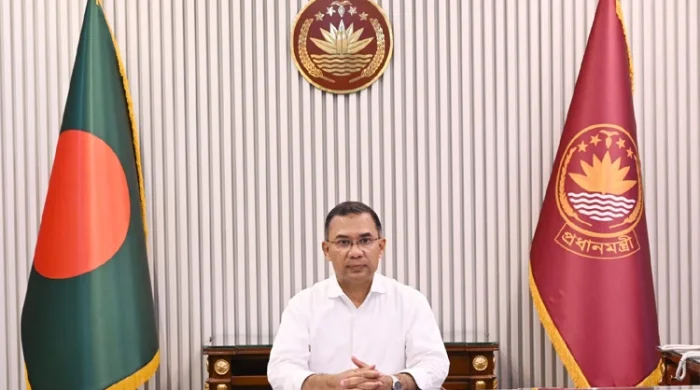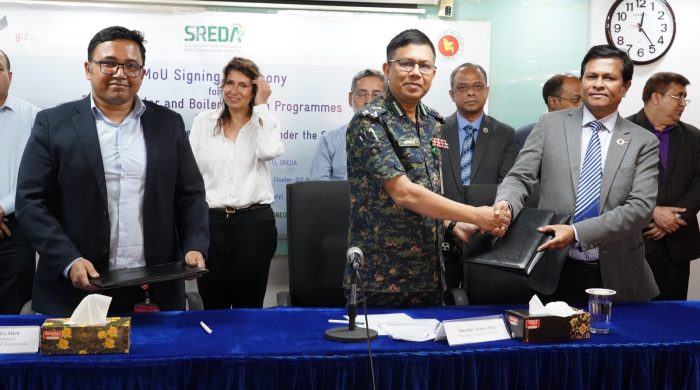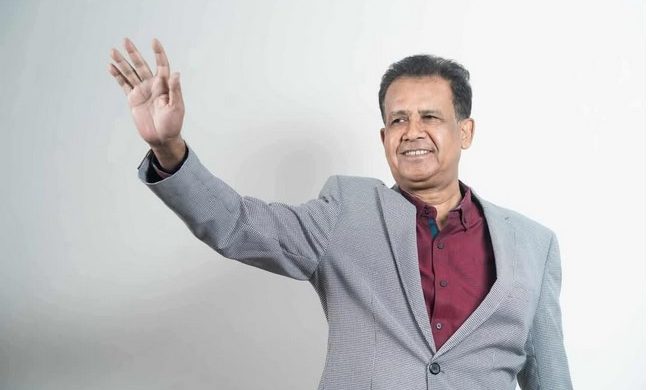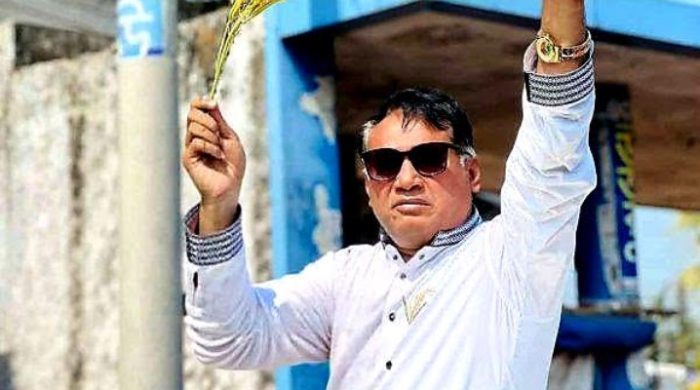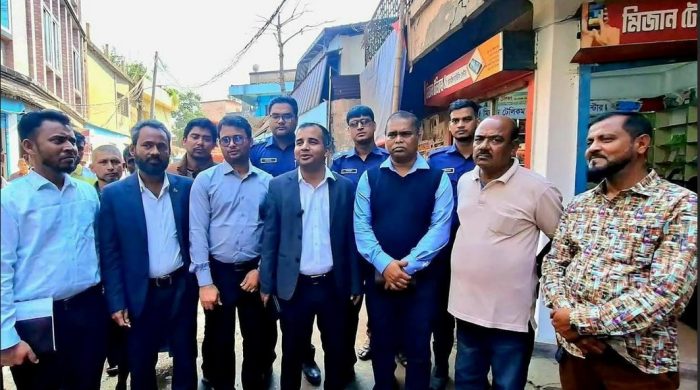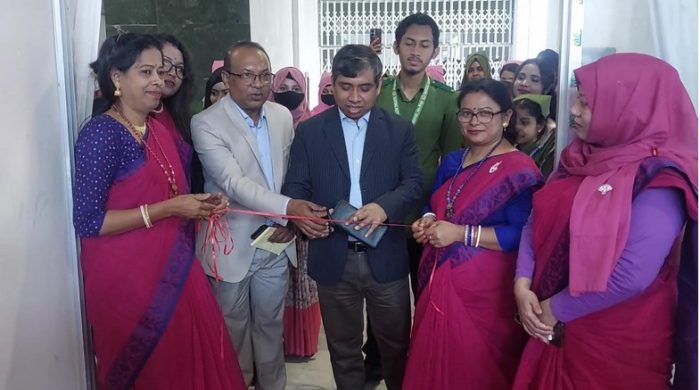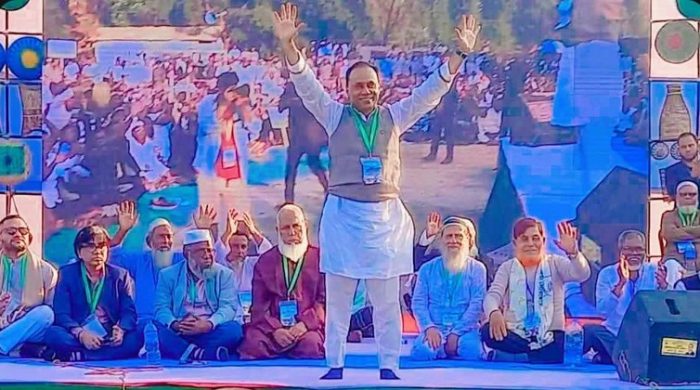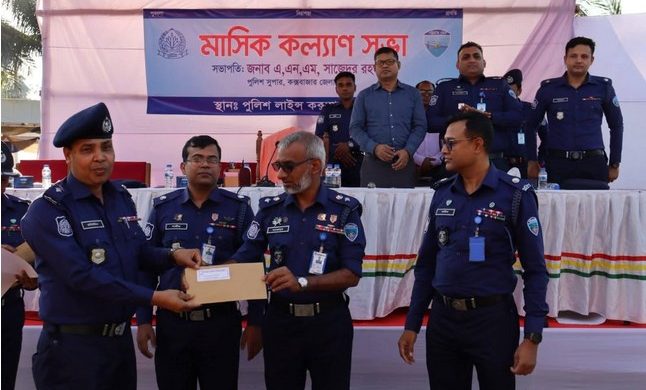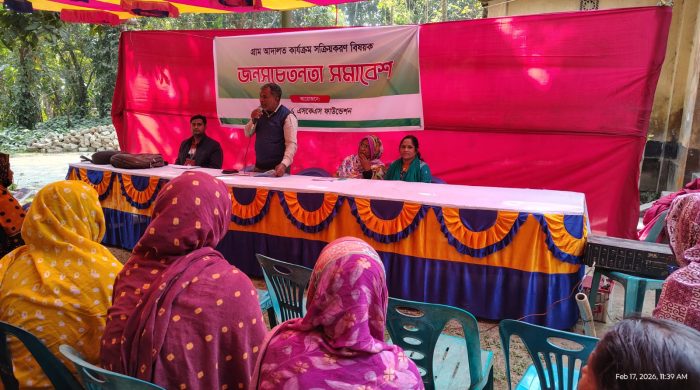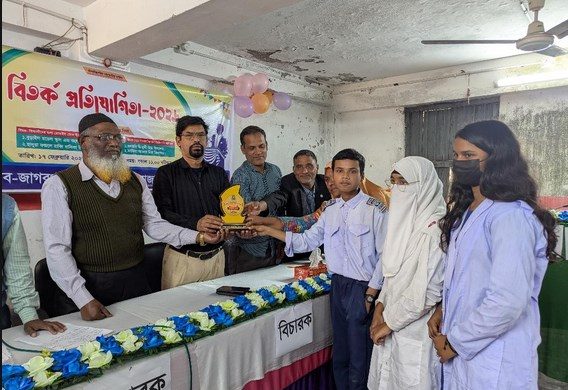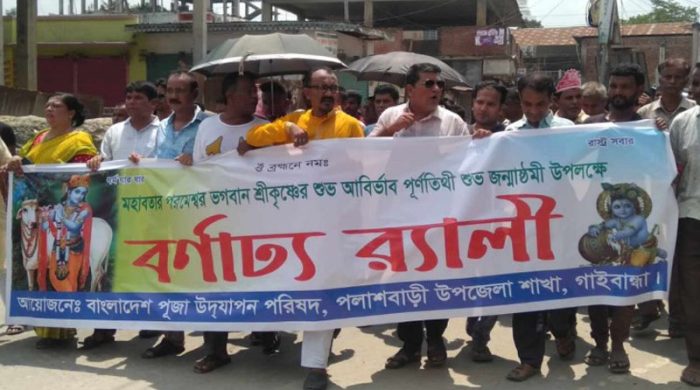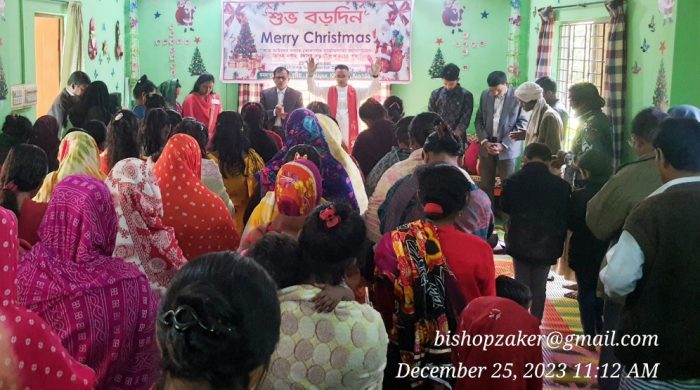Three organizations including CPJ called for the protection of journalists in Bangladesh
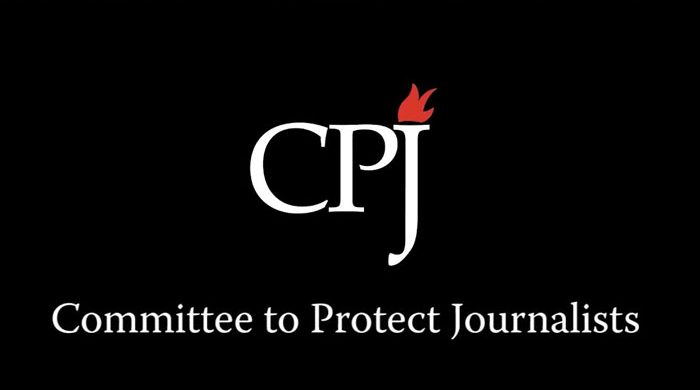
Online Desk/
Committee to Protect Journalists (CPJ), a global organization working to protect the rights of journalists, has called for the protection of journalists in Bangladesh on the eve of the United Nations Human Rights Review Session.
This call was made in a report sent for the 44th session of the United Nations Universal Periodic Review-UPR (Universal Periodic Review) Working Group. The report was published on the organization’s website on Wednesday.
It said Bangladeshi authorities are increasingly trying to stifle the media through illegal detention, harassment and restrictions.
The report was jointly submitted by CPJ, Robert F. Kennedy Human Rights and the Asian Legal Resource Center. The UPR session is scheduled to be held in November.
The report highlighted the impunity in the killing and kidnapping of journalists, the violent treatment of journalists in security custody and the death of writer Mushtaq Ahmed in prison in February 2021. It also highlighted cases of illegal detention, harassment and violent treatment of family members of exiled journalists critical of the government.
In the beginning of the report, it is said that in this report, these three organizations have highlighted their assessment of the alarming human rights situation in Bangladesh ahead of the elections to be held in January 2024. These include narrowing the scope of civil society work; Retaliatory measures in response to the US ban on Rapid Action Battalions (RABs) and the targeting of human rights organisations, civil society organisations, journalists and the opposition ahead of elections.
In May 2020, journalist Rozina Islam was detained for seven days under the colonial-era Official Secrets Act and Penal Code for reporting on corruption in the public health sector at the start of the Covid-19 pandemic, the report said. Although there is no provision for conditional bail in the Code of Criminal Procedure, he was granted bail on the condition of surrendering his passport.
According to the report, the next election is scheduled to be held in January 2024 in Bangladesh. As in previous elections, the ruling Awami League has narrowed the scope of civil society work and increased political repression and violence.
The organizations alleged that the 2018 election was marred by various irregularities, including attacks on members of the opposition, intimidation of voters and biased behavior of election officials. RAB and other security forces were at the center of intimidation and vote fraud in those elections.
Bangladesh authorities have been arresting and harassing journalists under the DSA (Digital Security Act), the Information and Communication Technology (ICT) Act and the colonial-era Official Secrets Act (OSA), failing to implement recommendations agreed to in the third UPR, the report said. Harassment of relatives of exiled journalists; Providing impunity in cases of violence against journalists and opposition leaders, enacting new laws on mass surveillance and online censorship ahead of national elections in January 2024, and expanding restrictions on the press.
The organizations alleged that opposition members were targeted for politically motivated arrests and violence in the same way as before the 2018 elections.
In May 2020, journalist Rozina Islam was detained for seven days under the colonial-era Official Secrets Act and Penal Code for reporting on corruption in the public health sector at the start of the Covid-19 pandemic, the report said. Although there is no provision for conditional bail in the Code of Criminal Procedure, he was granted bail on the condition of surrendering his passport.
It said that in January 2022, the court had allowed Rozina Islam’s passport to be returned temporarily for six months. Every time he traveled abroad since then, he had to request the court to return the passport.
According to the report, in July 2022, the intelligence wing of the Dhaka Metropolitan Police submitted its final report to the court and asked to acquit Rozina Islam from the case due to lack of evidence. But in January 2023, the court directed the Police Bureau of Investigation (PBI) to conduct further investigations. In early 2023, authorities began judicially harassing Rozina Islam. If charged and convicted under the Official Secrets Act, Rosina Islam faces up to 14 years in prison or the maximum penalty of death.
The report makes several recommendations. This includes setting up an independent commission of inquiry to investigate all allegations of enforced disappearances, abductions, torture, extrajudicial killings and deaths in custody. This commission should be formed in consultation with the victims, their families and independent experts.
Stop all forms of harassment, intimidation and attacks on human rights organizations, civil society organizations and journalists. Those responsible should be held accountable.
Apart from this, the report recommends that all forms of illegal arrest, detention, harassment and attacks on opposition leaders and supporters be stopped and the right to peaceful assembly and participation in the January 2024 elections be guaranteed.




